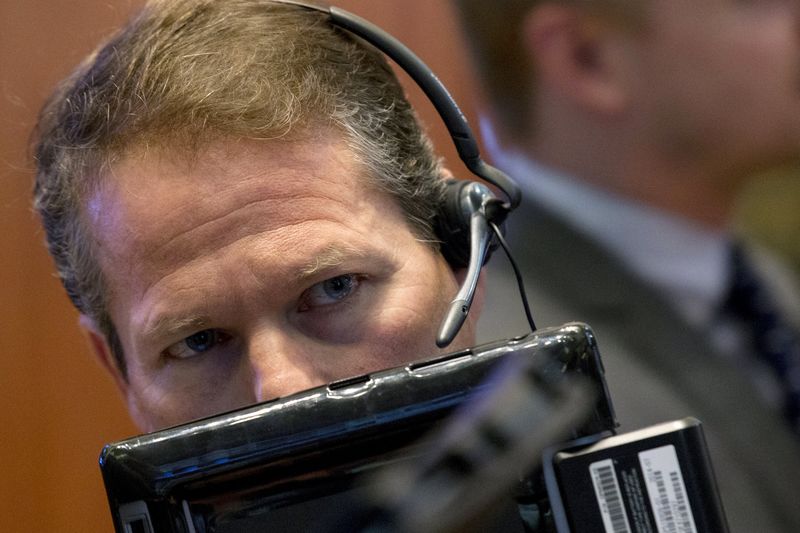By Foo Yun Chee
LUXEMBOURG (Reuters) - German beauty products maker Coty rejected claims that its distribution policies imply a blanket ban on online sales, arguing that its main concern was to safeguard the cachet of its luxury brands such as Marc Jacobs, Calvin Klein and Chloe.
The comments by the company, part of U.S. group Coty Inc, came in a landmark case which could determine whether luxury goods companies can stop retailers from selling their products via online marketplaces such as Amazon (NASDAQ:AMZN) or eBay.
Brand owners have for the past decade argued they should have the right to choose their distributors to protect their image and exclusivity. Online platforms say such curbs are anti-competitive and hurt small businesses.
The issue is significant for Europe which accounts for 70 percent of global luxury sales.
The company told Europe's top court that its dispute with German retailer Parfumerie Akzente, which sells Coty's goods on sites including Amazon against its wishes, was not about imposing a ban on such trade.
The company's agreements preventing retailers from selling on third-party online platforms are aimed at preserving the image and quality of its products, its lawyer Andreas Lubberger told the Court of Justice of the European Union (ECJ).
Coty brought the original case in a Frankfurt court which subsequently sought guidance from the ECJ.
Parfumerie Akzente's lawyer Oliver Spieker questioned the validity of Coty's arguments. The company has 26 shops and owns the second biggest online site for perfumes and cosmetics in Germany.
The German government, a proponent of online trade, said online platforms were key outlets for small- and medium-sized enterprises.
"Restrictions must never be abused in order to close off new innovative formats of distribution," its lawyer Thomas Henze said.
eBay said in a statement it was vital to remove restrictions that prevent small and medium-sized businesses from growing and succeeding.
"Platform bans allow brands to keep prices artificially high and restrict consumer choice," the company said.
Luxembourg sees a blanket ban as disproportionate and unjustified, its lawyer Philippe-Emmanuel Partsch said. Amazon's European headquarters is located there.
France, home to luxury brands such as Louis Vuitton and Chanel, sprang to Coty's defence.
Online curbs safeguard the prestige and image of such products, Julie Bousin, lawyer for the French government, said.
Italy, Sweden, the Netherlands and Austria also intervened in the case. An ECJ court adviser will issue a non-binding opinion in coming months. Judges, who follow such recommendations in four out of five cases, will rule shortly after that.
The case is C-230 Coty Germany.
